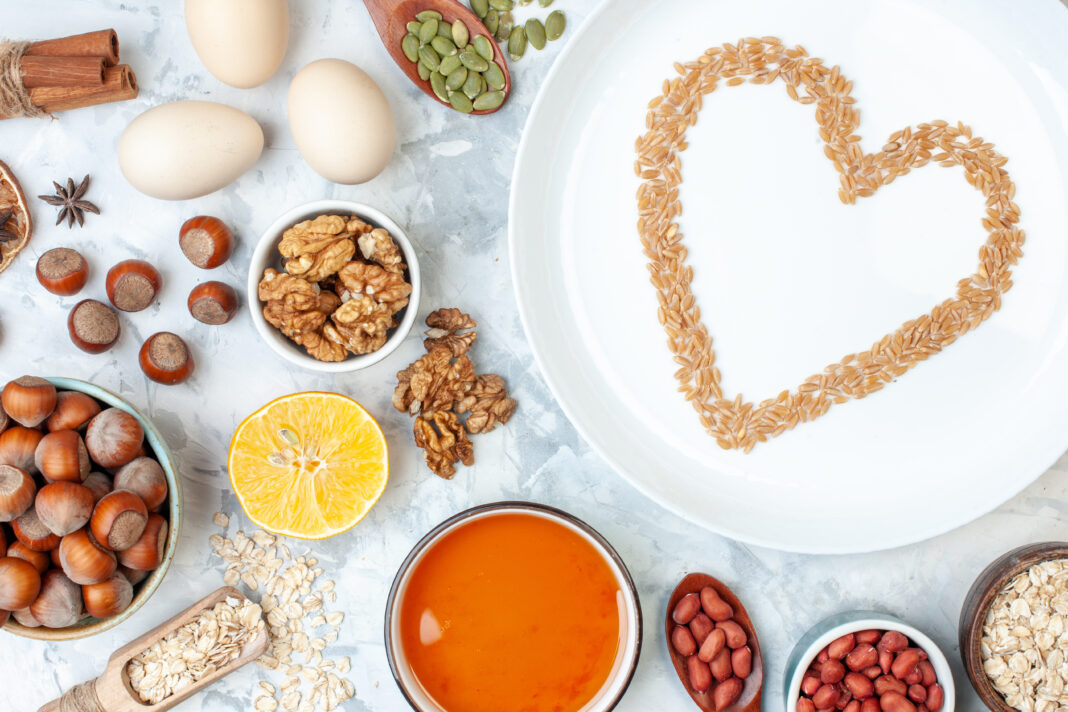
Infertility is a significant health issue in India that affects millions of couples. According to an estimate, 27.5 million couples in India are suffering from infertility, and the number is growing. This represents over 10–15% of couples worldwide. There are number of factors that caused Infertility, including genetic and environmental issues, lifestyle choices, and health issues. However, IVF does provide medical solutions, and there is always the importance of knowing how nutrition steps extraordinarily in enhancing fertility. A proper diet, some specific vitamins and supplements, can help to boost chances of success in treatments using IVF.
Importance of nutrition during IVF
Nutrition and supplements play a critical role in supporting the success of In Vitro Fertilization (IVF) because they can help with fertility, improve egg and sperm quality, and prepare the body for treatment. Some specific nutrients and supplements that can be beneficial include:
Folic Acid: This vitamin is essential both before and throughout pregnancy, and it is very helpful in avoiding neural tube problems. It promotes cell division and DNA synthesis, two processes necessary for sperm and egg health. For infertile couples planning to conceive through IVF, adequate intake of this vitamin is crucial because it is linked to a higher success rate of conception.
Iron: It promotes healthy ovulation and also helps in decreasing the risk of miscarriage. Lean meat, beans, legumes, and green leafy foods should be added to your diet for the proper reproductive health of a female, especially looking forward to pregnancy.
Vitamin D: It plays an important role in the regulation of hormones and is associated with improved egg quality. Women with appropriate levels of vitamin D may have a better IVF outcome.
Vitamin B12: This is highly significant in terms of ovulation and fertility treatments. Deficiency could adversely affect health, and, therefore, recommendations to those who are attempting conception would be to consume foods rich in it, such as dairy, eggs, and fortified cereals.
Vitamin C: One of the strongest antioxidants that have been found to help improve sperm quality and motility is vitamin C. Citrus fruits, bell peppers, and berries are good sources of vitamin C or supplements in protecting sperm from oxidative stress among men who want to conceive.
Vitamin E: It acts as a guardian for the sperm against oxidative damage, thus enhancing quality and fertility. Rich sources of vitamin E include almonds, sunflower seeds, and spinach. This diet can also support maintaining male reproductive health on track.
Selenium: This is an antioxidant that improves the quality and motility of sperm. The best sources of selenium are brazil nuts, eggs, and fertility-boosting male supplements.
Coenzyme Q10: It increases the energy-yielding capacity and sperm motility. It’s very helpful to the patients undergoing IVF since it fortifies the energy of the sperm as well as supports the development of the capability of the sperm to swim and fertilize the egg.
Zinc: It helps with DNA development in the fetus. Some of the zinc-rich foods are nuts, seeds, seafood, and other supplements.
Besides all these, antioxidants like Vitamins C, E, and beta-carotene help to reduce oxidative stress, whereas unsaturated fatty acids improve the quality of the embryo. Probiotics increase gut health and the immune system, while L-arginine contributes to improved blood flow and implantation of the embryo.
Other factors are also important:
Supplements are important to add some extra nutritional requirements to increase the chances of a successful IVF procedure. Ensure that you take supplements only under medical guidance. While a good diet is crucial during IVF, do not ignore other factors. You must maintain a healthy body weight to improve physical and reproductive health. Try exercises to strengthen pelvic muscles and remove fatty tissue from the reproductive organs.
(Source of information: The Times of India)




